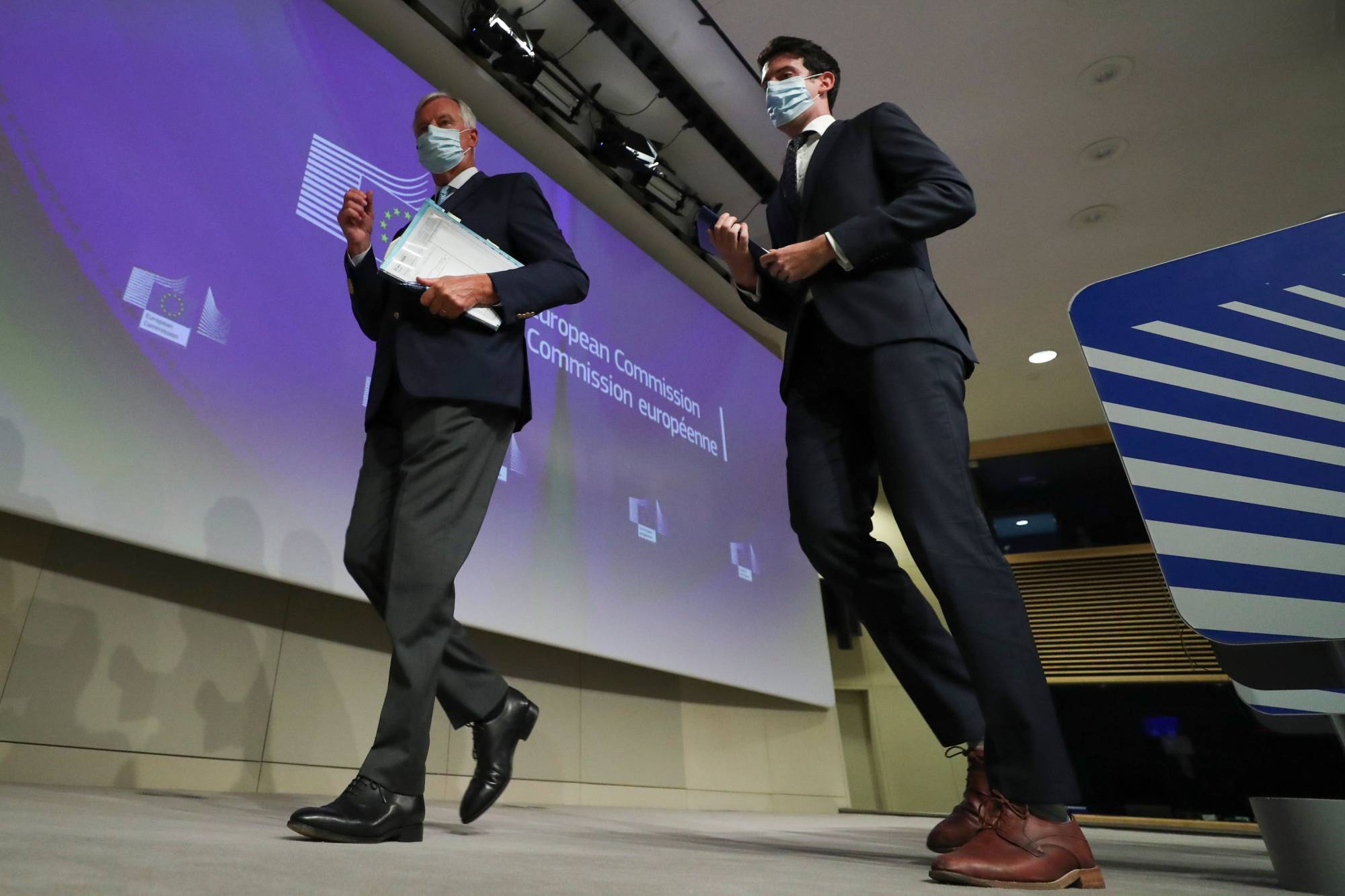There is now quite a strong possibility that Britain will finally end ties with the European Union this Dec. 31 without a final and settled deal.
But the qualifying adjectives "final" and "settled" are very important. There will indeed be some kind of broad agreement marking the end of the agreed transition period — a sort of agreement to disagree, to postpone issues for "further consideration" and to delegate certain matters to technocrats to sort out. Although the transition period cannot now be extended there could even be a device for stopping the clock — a favorite EU method — to roll over complex problems to a later date.
Whatever is signed at the year’s end will probably be presented as a "deal" of sorts. But in reality there can be no final arrangement, tying everything up neatly between the EU and its departing major member, no "finalite" and no comprehensive EU "solution." This is so for deep reasons that many find difficult to grasp but will be explained in a moment.

















With your current subscription plan you can comment on stories. However, before writing your first comment, please create a display name in the Profile section of your subscriber account page.